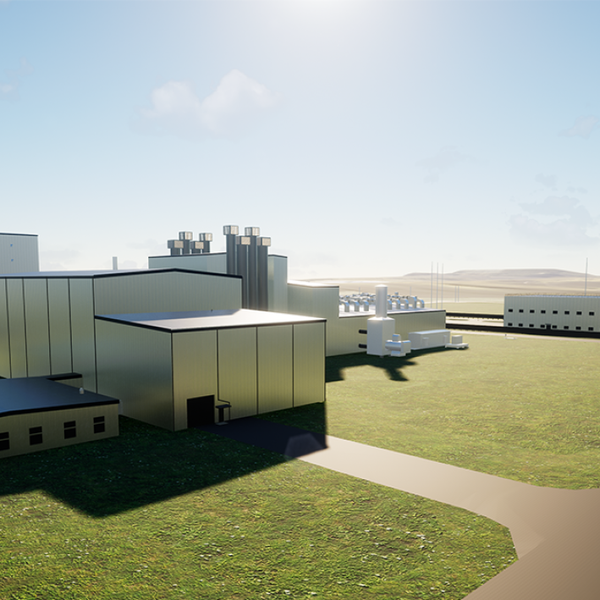As Japan has raised the permitted level of radiation in food by a factor of five, many Japanese are fearful that radiation has contaminated their diet.
Agence France-Presse reports:
In the immediate aftermath of the nuclear crisis, Tokyo announced it was raising the permitted level of radiation in food by a factor of five, meaning produce that would previously have been thrown out was suddenly alright.
Rice grown just a short distance from the plant was declared safe after spot sampling, but later tests revealed radiation levels far higher than even the new raised limits.
Hiroaki Koide, assistant professor at Kyoto University Research Reactor Institute, said the official declaration that food with five times the previous "safe" level of radiation was fit for consumption raised suspicions the government was acting on behalf of producers, instead of consumers.
"It's too high. The government set the provisional safety standard to cope with the reality, rather than to protect people," he told AFP.
In response to public pressure, Tokyo says that from April no food will be permitted for sale if it has more than 100 becquerels of radiation per kilogramme (two pounds), down from 500 at present. [...]
In a bid to regain shoppers' trust, Japan's largest supermarket chain, Aeon, has decided to ignore government guidelines and carry out its own tests on the food it sells.
Aeon vice president Yasuhide Chikazawa says setting a "safe limit" for radiation is meaningless because consumers are unwilling to accept it.
* * *
Earlier this week, the European Commission had said it would extend restrictions on imports of Japanese food products to the European Union, Kyodo reports. However, the "commission also decided to reduce the frequency of sample inspections on Japanese food products when they are transported to the EU region as it has determined that the possibility of the products containing radioactive materials surpassing Europe's allowable levels is currently 'considerably low.'"
* * *
Farmers whose land is inside the evacuation zone have had to make difficult decisions about their livestock. Many of the animals died a slow, painful death of starvation after the area was evacuated. The meat from the surviving cattle is unable to be sold due to radiation levels, and the government had ordered them to euthanize their cattle. The Guardian looks at one farmer who's defied the government order to kill his animals. "I could never kill these cows. They are like members of my family," says the farmer.


